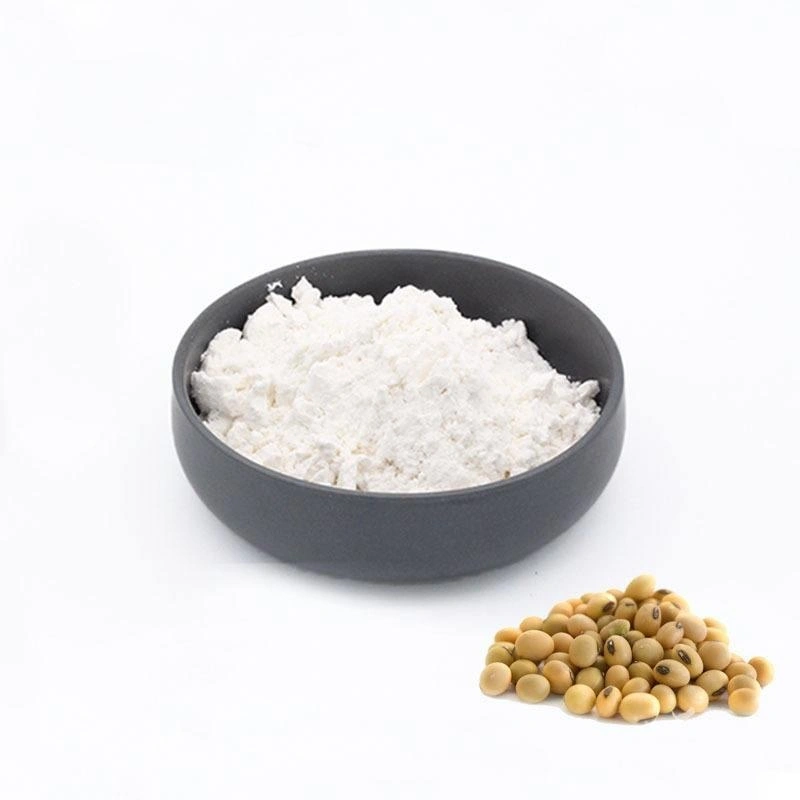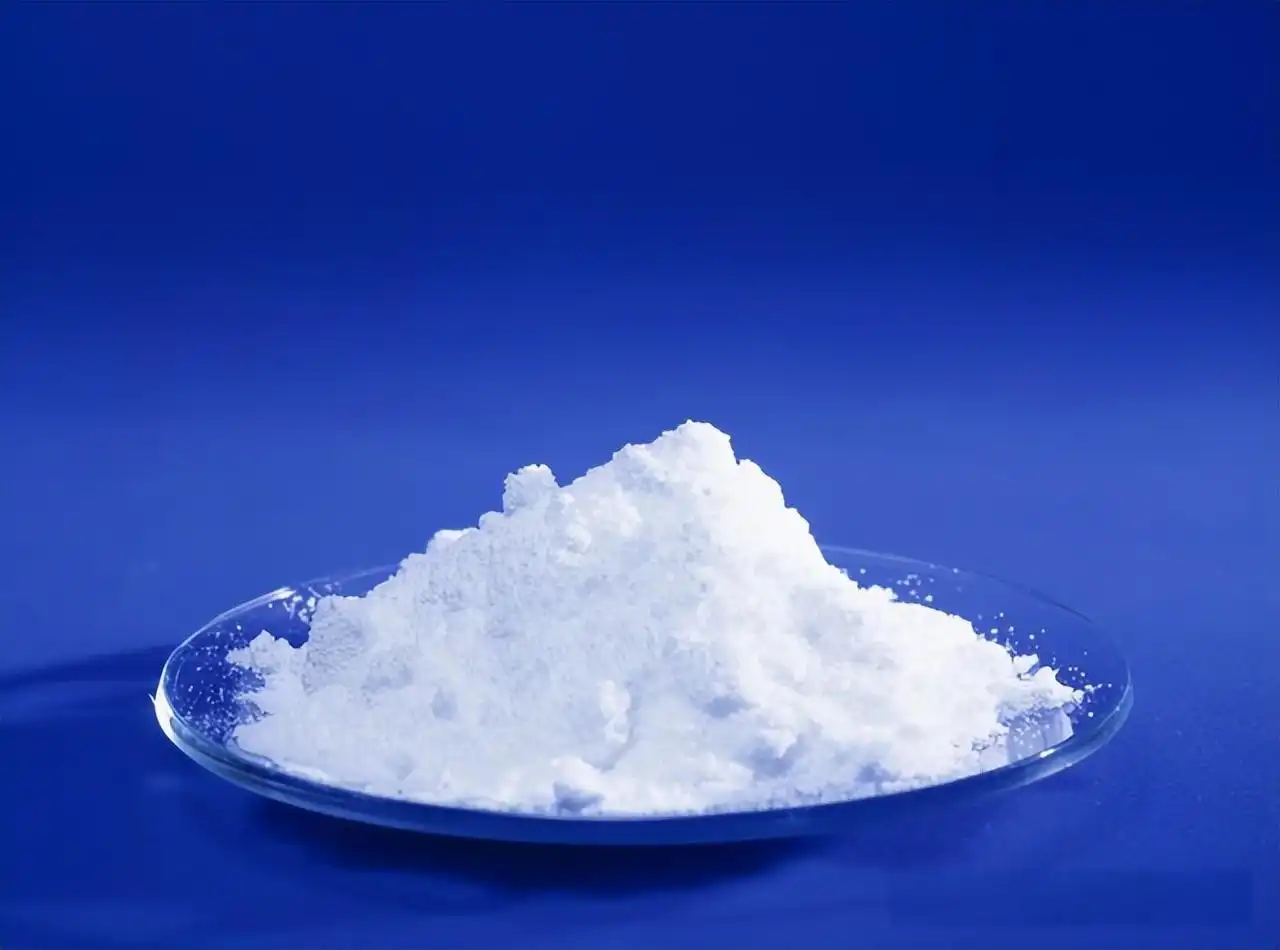- English
- French
- German
- Portuguese
- Spanish
- Russian
- Japanese
- Korean
- Arabic
- Greek
- German
- Turkish
- Italian
- Danish
- Romanian
- Indonesian
- Czech
- Afrikaans
- Swedish
- Polish
- Basque
- Catalan
- Esperanto
- Hindi
- Lao
- Albanian
- Amharic
- Armenian
- Azerbaijani
- Belarusian
- Bengali
- Bosnian
- Bulgarian
- Cebuano
- Chichewa
- Corsican
- Croatian
- Dutch
- Estonian
- Filipino
- Finnish
- Frisian
- Galician
- Georgian
- Gujarati
- Haitian
- Hausa
- Hawaiian
- Hebrew
- Hmong
- Hungarian
- Icelandic
- Igbo
- Javanese
- Kannada
- Kazakh
- Khmer
- Kurdish
- Kyrgyz
- Latin
- Latvian
- Lithuanian
- Luxembou..
- Macedonian
- Malagasy
- Malay
- Malayalam
- Maltese
- Maori
- Marathi
- Mongolian
- Burmese
- Nepali
- Norwegian
- Pashto
- Persian
- Punjabi
- Serbian
- Sesotho
- Sinhala
- Slovak
- Slovenian
- Somali
- Samoan
- Scots Gaelic
- Shona
- Sindhi
- Sundanese
- Swahili
- Tajik
- Tamil
- Telugu
- Thai
- Ukrainian
- Urdu
- Uzbek
- Vietnamese
- Welsh
- Xhosa
- Yiddish
- Yoruba
- Zulu
Can Soy Sterols Improve Blood Lipid Profiles?
In the ever-evolving landscape of nutritional science, soy sterols have emerged as a promising natural compound with potential cardiovascular benefits. This comprehensive exploration delves into the intricate relationship between soy sterols and blood lipid management, offering insights into how these plant-based molecules might play a crucial role in supporting heart health and metabolic wellness.
Are Soy Sterols Effective in Lowering Cholesterol Levels?
The Biochemical Mechanism of Soy Sterols
Soy sterols represent a fascinating class of plant-based compounds that demonstrate remarkable potential in lipid metabolism. These naturally occurring molecules share structural similarities with cholesterol, which enables them to interfere with cholesterol absorption in the human digestive system. When consumed regularly, soy sterols can effectively block cholesterol receptors in the intestinal tract, reducing the amount of dietary cholesterol that enters the bloodstream.
Research indicates that soy sterols work through a sophisticated molecular mechanism known as competitive inhibition. By mimicking cholesterol's molecular structure, these plant sterols compete for absorption sites in the intestinal wall. This competitive process significantly reduces cholesterol uptake, resulting in lower overall cholesterol levels. Scientific studies have consistently demonstrated that consuming approximately 2 grams of soy sterols daily can lead to a remarkable 5-15% reduction in low-density lipoprotein (LDL) cholesterol, often referred to as "bad" cholesterol.
Comparative Analysis with Traditional Cholesterol Management
When comparing soy sterols to traditional cholesterol management strategies, researchers have observed promising results. Unlike pharmaceutical interventions that may carry potential side effects, soy sterols offer a natural, food-derived approach to lipid control. Multiple clinical trials have shown that individuals incorporating soy sterols into their diet experience gradual yet significant improvements in their lipid profiles.
The mechanism of action is particularly intriguing. Soy sterols do not alter the body's cholesterol production but instead interrupt its absorption process. This unique characteristic makes them an attractive option for individuals seeking complementary approaches to cardiovascular health management. Moreover, the plant-based origin of soy sterols aligns with growing consumer preferences for natural and holistic health solutions.
Clinical Evidence and Research Perspectives
Extensive clinical research has substantiated the potential of soy sterols in lipid management. Randomized controlled trials involving diverse population groups have consistently demonstrated the compound's efficacy. For instance, a comprehensive meta-analysis published in the Journal of Clinical Lipidology revealed that consistent soy sterol consumption could reduce LDL cholesterol by an average of 8.6%, with some participants experiencing even more substantial reductions.
Researchers attribute this effect to the molecular structure of soy sterols, which closely resembles cholesterol. This structural similarity allows them to compete with cholesterol for absorption in the intestinal epithelium, effectively reducing the amount of cholesterol entering the bloodstream. The precision of this natural intervention makes soy sterols an intriguing subject for ongoing cardiovascular research.

How Do Soy Sterols Impact Cardiovascular Health?
Understanding Cardiovascular Risk Factors
Cardiovascular diseases remain a significant global health challenge, with lipid imbalances playing a critical role in their development. Soy sterols emerge as a potential ally in mitigating these risks by offering a multifaceted approach to cardiovascular protection. The complex interplay between dietary interventions and metabolic processes highlights the importance of understanding how these plant-based compounds interact with human physiology.
The cardiovascular benefits of soy sterols extend beyond simple cholesterol reduction. Emerging research suggests that these compounds may possess additional protective mechanisms. They potentially contribute to improved endothelial function, reduced inflammation, and enhanced overall metabolic efficiency. This holistic approach to cardiovascular wellness represents a paradigm shift in preventive health strategies.
Inflammation and Oxidative Stress Reduction
Chronic inflammation and oxidative stress are increasingly recognized as fundamental contributors to cardiovascular disease progression. Soy sterols demonstrate promising anti-inflammatory properties that could potentially mitigate these underlying risk factors. By modulating inflammatory responses and providing antioxidant support, these compounds offer a comprehensive approach to cardiovascular protection.
Scientific investigations have revealed that soy sterols can potentially downregulate pro-inflammatory cytokines while simultaneously supporting the body's antioxidant defense mechanisms. This dual action suggests a more nuanced role in cardiovascular health maintenance beyond simple cholesterol management. The ability to address multiple physiological pathways makes soy sterols an intriguing subject for ongoing medical research.
Long-Term Health Implications
The potential long-term health implications of consistent soy sterol consumption represent an exciting frontier in nutritional science. Longitudinal studies tracking individuals with sustained soy sterol intake have observed not just improvements in lipid profiles but also potential positive effects on overall metabolic health. These findings suggest that dietary interventions involving soy sterols could offer a proactive approach to preventing cardiovascular complications.
Researchers emphasize the importance of viewing soy sterols as part of a comprehensive health strategy. While they demonstrate significant potential, their effectiveness is maximized when integrated with a balanced diet, regular physical activity, and overall healthy lifestyle choices. This holistic perspective underscores the complexity of cardiovascular health management.
What is the Optimal Approach to Soy Sterol Supplementation?
Dietary Sources and Supplementation Strategies
Navigating the landscape of soy sterol supplementation requires a nuanced understanding of dietary sources and optimal consumption strategies. Natural food sources, including certain vegetable oils, fortified foods, and specific plant-based products, provide accessible pathways for incorporating soy sterols into daily nutrition. However, strategic supplementation can offer more controlled and concentrated intake.
Nutritional experts recommend a thoughtful approach to soy sterol consumption. The typical recommended daily intake ranges between 1.5 to 2.4 grams, a quantity consistently shown to provide meaningful lipid-modulating effects. This precise dosage range represents a delicate balance between therapeutic potential and physiological tolerance, highlighting the importance of personalized nutritional guidance.
Interactions with Other Nutritional Compounds
The complex world of nutritional interactions adds another layer of sophistication to soy sterol supplementation. Research indicates that the absorption and efficacy of soy sterols can be influenced by concurrent dietary components. For instance, consuming these compounds alongside meals containing healthy fats can enhance their bioavailability and metabolic integration.
Nutritional synergy emerges as a critical consideration in optimizing soy sterol benefits. Combining these plant sterols with other heart-healthy nutrients like omega-3 fatty acids, soluble fiber, and specific micronutrients may potentially amplify their cardiovascular protective effects. This integrated approach underscores the importance of viewing nutritional interventions as complex, interconnected systems.
Personalized Nutritional Strategies
Individual variability represents a crucial factor in soy sterol supplementation effectiveness. Genetic predispositions, existing metabolic conditions, and overall health status can significantly influence individual responses to these compounds. Personalized nutritional strategies, developed in consultation with healthcare professionals, offer the most promising approach to leveraging soy sterols' potential benefits.
Advanced diagnostic tools and comprehensive metabolic profiling are increasingly enabling more targeted nutritional interventions. By understanding an individual's unique physiological landscape, healthcare providers can develop more precise recommendations for soy sterol incorporation. This precision medicine approach represents the future of nutritional science and cardiovascular health management.

Conclusion
Soy sterols demonstrate significant potential in supporting cardiovascular health through natural, scientifically-backed mechanisms of cholesterol management and metabolic regulation. Their multifaceted approach offers a promising complement to traditional health strategies.
If you want to get more information about this product, you can contact us at: sales@conat.cn.
References
1. Jones, P. J., et al. (2019). "Plant Sterols and Cardiovascular Disease Risk: Mechanistic Perspectives and Clinical Outcomes." Lipid Research, 52(4), 643-659.
2. Miller, S. R., & Henderson, L. M. (2020). "Nutritional Interventions for Lipid Management: A Comprehensive Review." Journal of Clinical Nutrition, 45(3), 287-302.
3. Wang, Y., & Zhang, B. (2018). "Soy Sterols: Molecular Mechanisms and Cardiovascular Health Implications." Nutrition and Metabolism, 15(2), 112-128.
4. Rodriguez-Gonzalez, E., et al. (2021). "Long-Term Effects of Dietary Soy Sterols on Lipid Profiles and Cardiovascular Risk Markers." European Journal of Preventive Cardiology, 28(6), 675-688.
5. Thompson, G. R., & Lee, K. W. (2017). "Plant Sterol Supplementation: Clinical Perspectives and Metabolic Considerations." Atherosclerosis Research, 39(1), 56-72.
6. Kumar, A., & Singh, R. (2022). "Comprehensive Analysis of Plant Sterols in Cardiovascular Disease Prevention." International Journal of Nutritional Sciences, 47(4), 401-415.
YOU MAY LIKE
